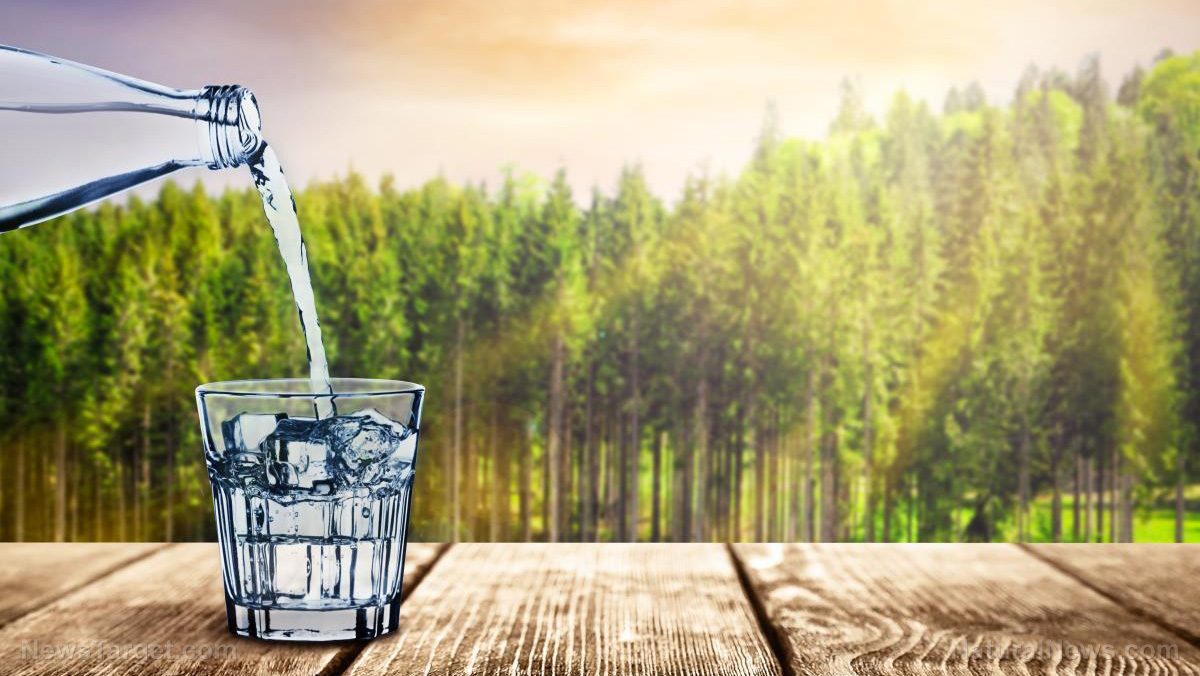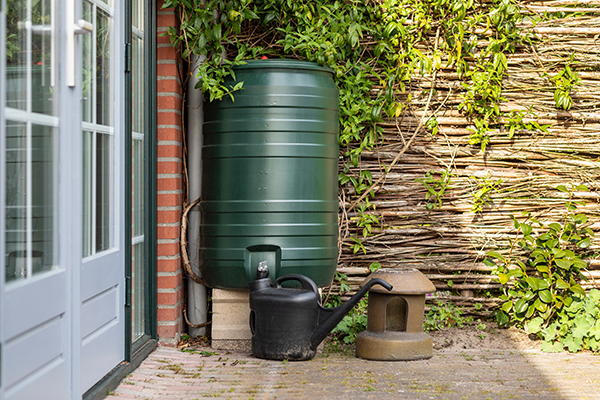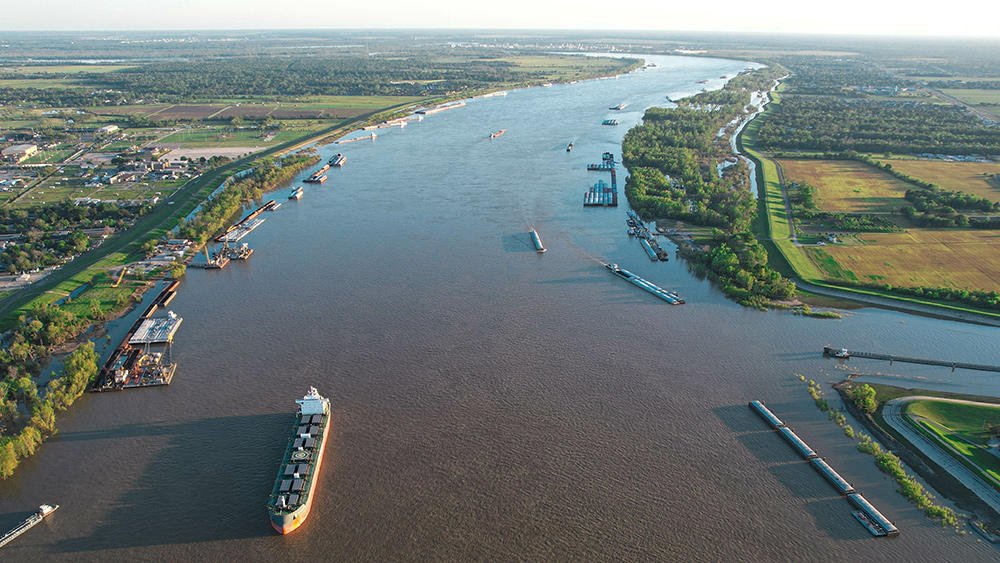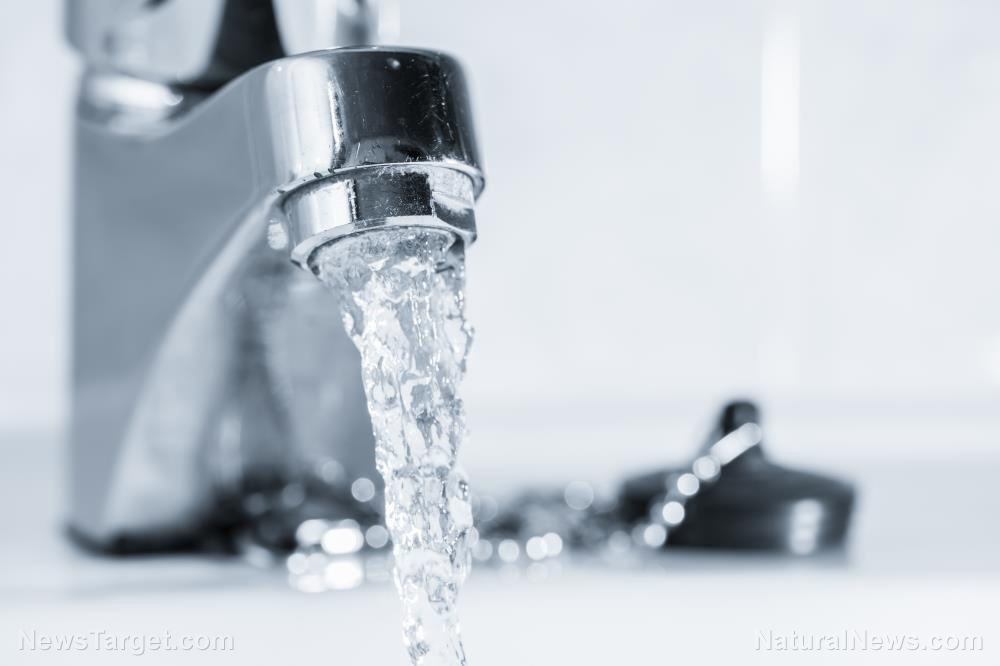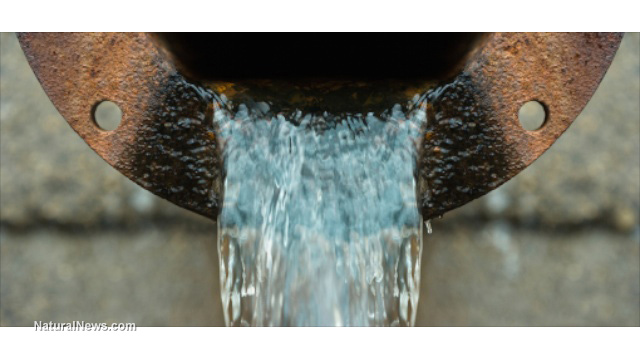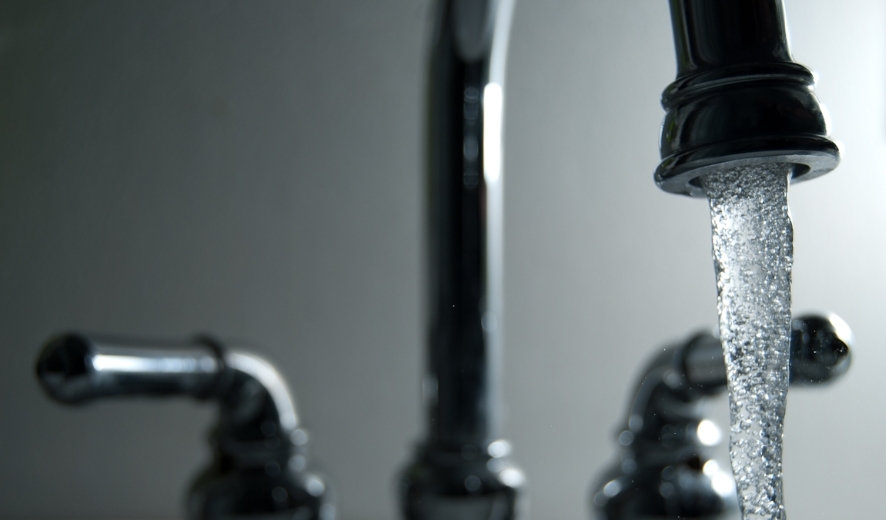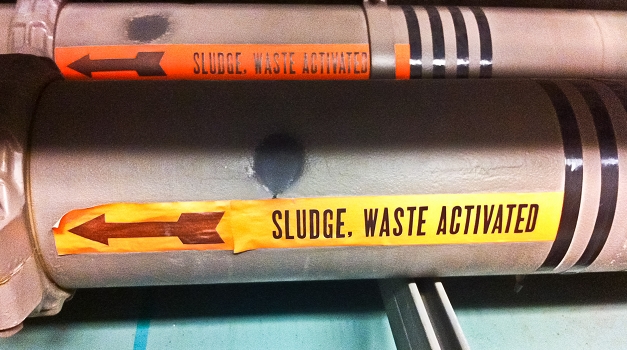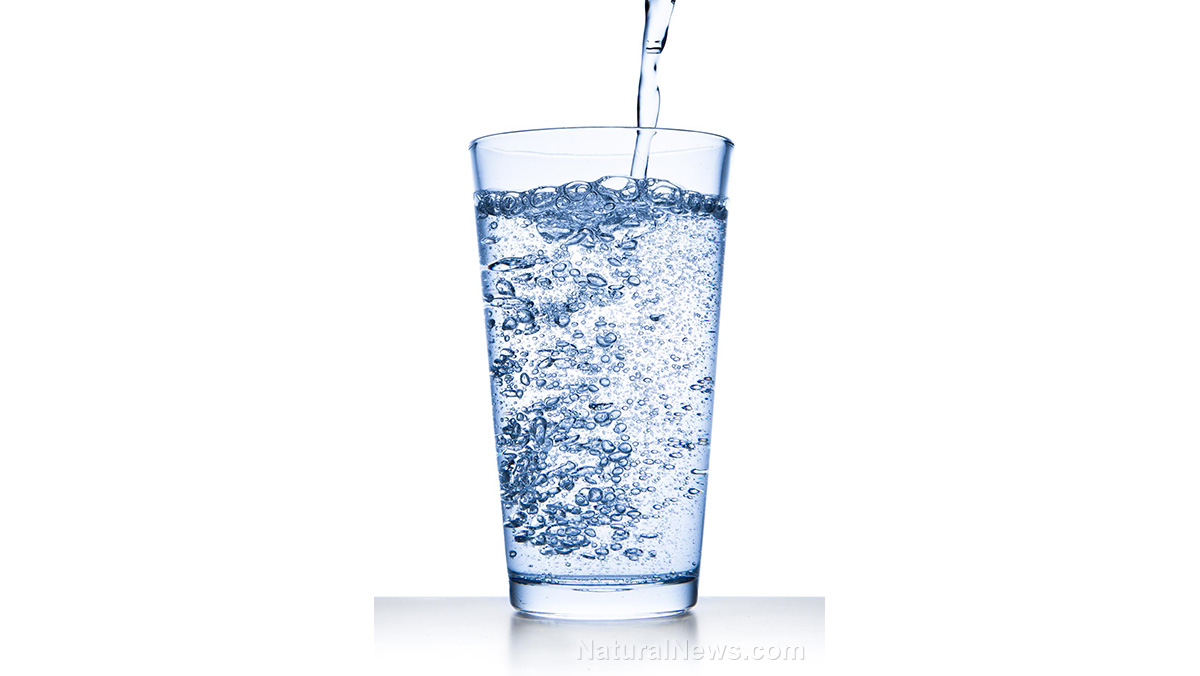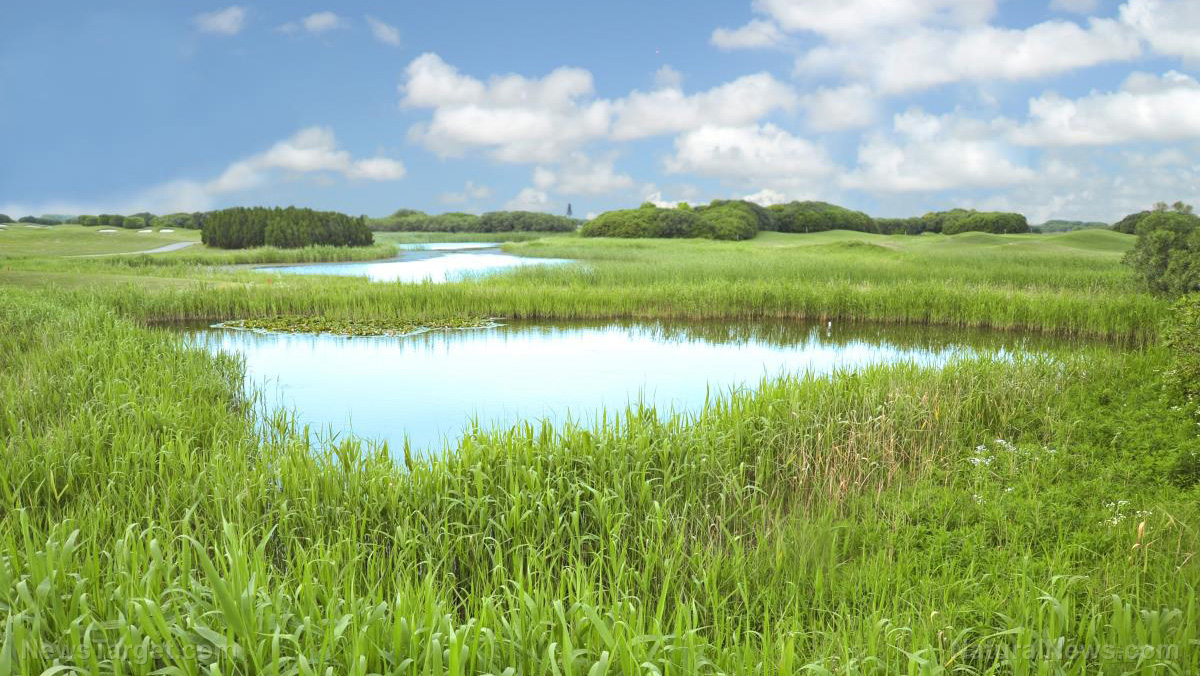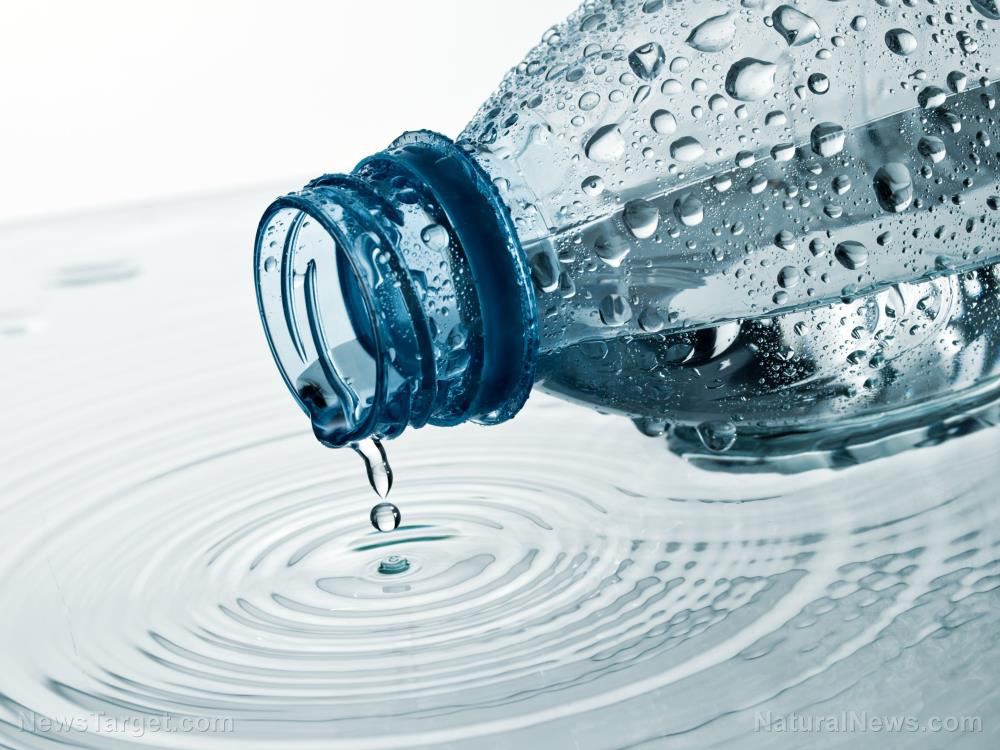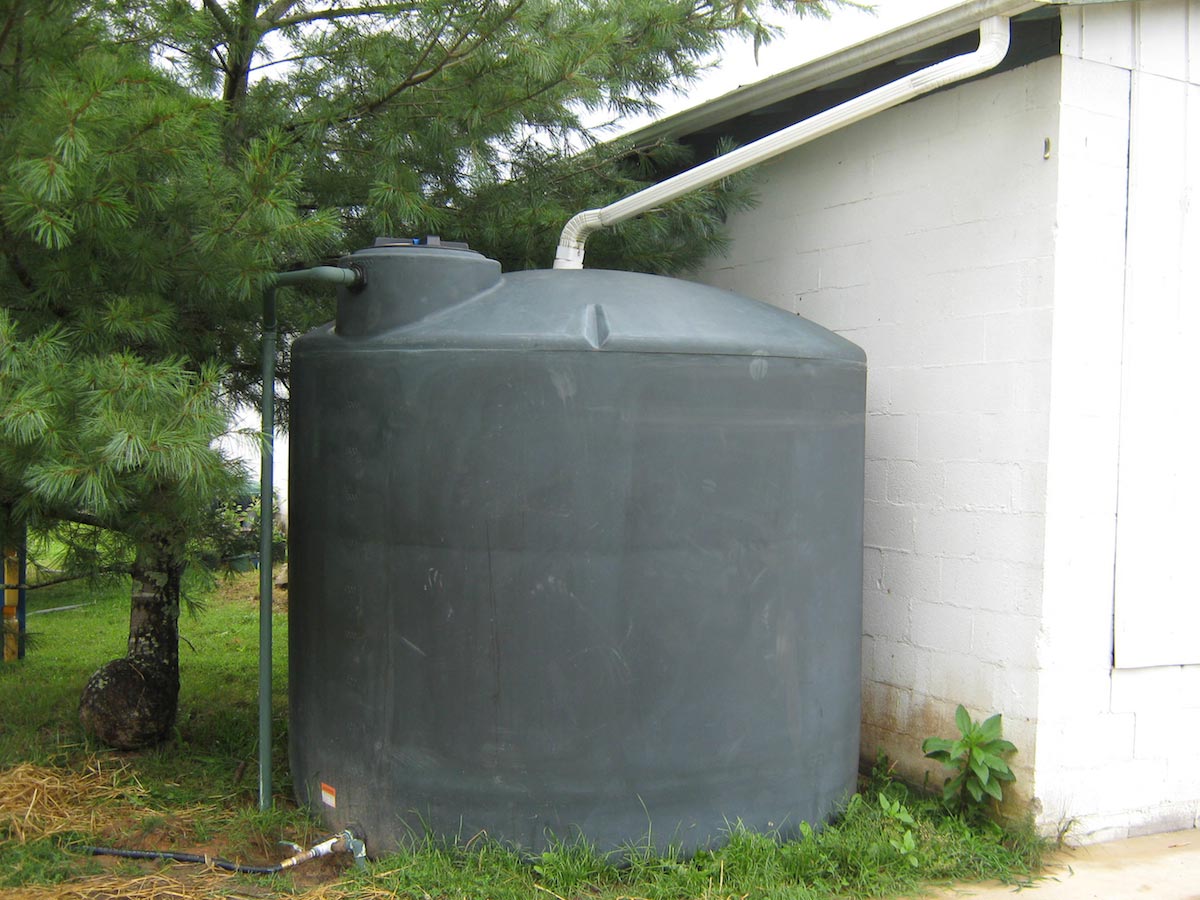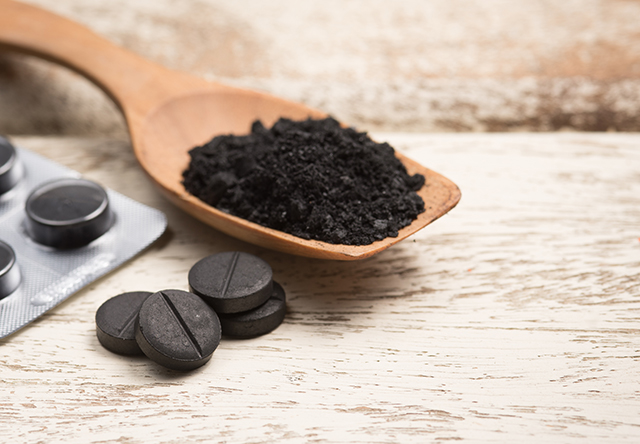Survival basics: 3 Ways to find water in the wilderness
04/19/2023 / By Zoey Sky
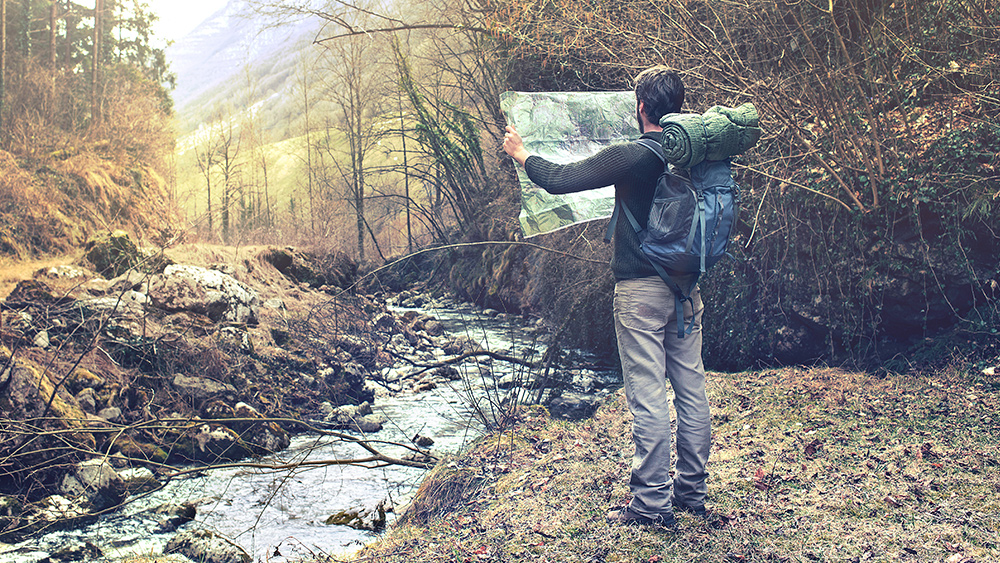
The human body needs at least two liters of water every day to maintain vital bodily functions, such as circulating blood and regulating your body temperature. If you don’t drink water for a whole day, you will have trouble performing basic mental and physical tasks.
If you go at least 48 hours without water, your body will struggle with normal tasks. After three days of dehydration, your body could shut down permanently.
When SHTF, you will need clean drinking water along with food and shelter. But since it’s hard to carry a three-day supply of water (remember, you need one gallon of water per day per person), you should learn how to find water in the wilderness. (h/t to GeekPrepper.com)
The survival rule of threes
Every prepper should learn the “Rule of Threes.” According to this rule, you can live:
- 3 minutes without air
- 3 hours without shelter
- 3 days without water
- 3 weeks without food
The Rule of Threes isn’t set in stone, but knowing it will be helpful in a survival scenario. If you’re not sure what to do next, prioritize based on the size of the threat.
For example, if you’re lost in the wilderness and the weather suddenly turns freezing cold, you could suffer from hypothermia. To ensure your survival, start looking for materials to build a shelter that will protect you from the elements.
Next, build a fire to keep you warm. Find a source of clean water, or find a way to purify the water in your bag. Lastly, start looking for food. (Related: Prepping tips: How to survive with a limited water supply.)
3 Ways to find water in the wilderness
Over 75 percent of your body consists of fluids. The human body loses fluid because of cold or hot conditions, exercise and stress. To function effectively, you need to replace the fluid your body loses.
In a survival situation, water should be one of your main priorities, especially if you’re in a hot or tropical region. Your body needs two liters of water every day to function normally, even in cold regions.
If you’re out in the wilderness, here are potential sources of drinking water:
Early morning dew
If you can’t make fire to boil water or don’t have the means to filter water, try to gather some morning dew.
Tie a bandana, shemagh or another piece of fabric around your lower ankles, then carefully walk through dewy vegetation. After some time, stop to wring the wet fabric into your mouth or water-gathering container, like a mug or water bottle.
While gathering rainwater means you can harvest more fresh and pure water, it isn’t always reliable since this method depends on the weather.
But if it starts raining, use your raincoat, tarp, tent, buckets or other items to direct this water into a container.
Plants and trees
Trees can be used as navigational tools to find water.
Certain species of trees prefer to grow close to water sources than others, so you can use these trees to find drinking water.
North American trees like cottonwood, Carolina ash, cypress, green ash, river birch, silver maple (river maple), sycamore and willow trees like to grow in wet areas. If you see these trees, you may find water nearby.
The American sycamore is a massive tree with the largest trunk diameter of any Eastern U.S. hardwoods. It also has mottled, camouflage-appearing bark. Look for a sycamore’s sometimes white, naked upper trunk if you want to find water.
Read a tree identification field guide so you can easily identify trees that almost always grow near water.
These fleshy plants, trees and other vegetation are common in hot regions and contain water inside:
- Banana or plantain trees – Cut down the tree until only a 0.30-meter stump remains. Scoop out a bowl-shaped hollow from the center of the stump, which will start to fill with water from the roots. The first three fillings will be bitter, but the subsequent fillings will be much more palatable.
- Coconut trees – Harvest green unripe coconuts. Coconut “milk” is a good source of water. If you can’t find young green coconuts, you can open a yellow one. Try to avoid mature coconuts. Green coconuts contain sweet, refreshing water, but young coconuts have bland and tasteless coconut water. Mature coconuts have tangy water that tastes a little fermented.
- Fleshy leaves, stems or stalks (e.g., bamboo) – If you spot some bamboo in the wild, cut or notch the stalks at the base of a joint to drain out the liquid.
- Green bamboo thickets – Bend the bamboo stalk over and tie the top end down. Cut off the top part and leave overnight to let water drip freely.
- Palm trees – You can harvest water from palms like buri, coconut, rattan and sugar. Scratch one of the lowest fronds then pull it down to make it “bleed.”
- Plant roots – If you’re desperate, you can dig plant roots out. Cut the roots into short pieces and smash the pulp up, then collect the liquid in a container until you have enough to drink.
- Pulpy plants – Cut off a part of the plant then smash the pulp so the liquid flows out. Gather it in a container.
- Tropical vines – Make a notch high on the vine then cut the vine off close to the ground. Collect the dripping water in a container.
Desert wells and depressions
If you’re lost in the desert, you can find water in these areas:
- Look for areas of green vegetation or damp surface sand. You might also find water in the first dip behind the first sand dune of a dry lake, at the foot of cliffs, rocky outcrops, valleys and low areas. Once you find one of these areas, dig holes deep enough to allow water to seep in.
- Look for rocky areas. Occasional rainfall may collect in holes in rocks or pools.
All desert trails lead to water. Telltale indicators of trails include signs of recent camps, like campfire ashes, trampled terrain or animal droppings.
Animals know where water is, so search for animal tracks. Follow the direction where trails converge. These tracks may lead you to fresh water.
Look for green vegetation, which may lead to a water source. Clouds of insects may also indicate that water is near.
Tips for purifying water
Before SHTF, prep your bug-out bag and make sure you have two or more of these items so you can purify water.
Boiling water
There are different ways to purify water, but boiling is one of the easiest. Before boiling water, use cloth, like an extra shirt, to filter out any large particles or debris.
Find a sturdy container where you can heat the water. It’s best to use a tin or aluminum can or a large shell.
You can also use a plastic bottle. Fill the bottle all the way with water, secure the cap and place it on red hot ashes. The lack of air in the bottle should prevent it from melting. If you’re not able to fill the bottle with water right to the top, dangle it over the fire using some vine.
If you can’t start a fire, you can get rid of bacteria by putting a container of water directly under the hot sun.
Compact purifiers and filters
When prepping your bug-out bag, make sure you also have a compact water purifier or filter.
Filters get rid of bacteria and their main active component is composed of fiberglass, carbon or ceramic. Purifiers have a filtration device and a layer of iodine to eradicate viruses.
The basic operation of purifiers and filters are quite similar. You run water from one end to the other past several filters or treatments.
Some purifiers and filters use gravity, while others are hand-operated. Some are battery-operated and others are included in a water bottle.
Iodine solution
If you have an iodine solution, place five drops of a two percent iodine tincture in a clear container of water.
If the water is cold or cloudy, add 10 drops of iodine solution. Wait at least 30 minutes before drinking.
Purification tablets
Purification tablets are used to purify water.
The tablets usually contain chlorine or iodine. If you are allergic to iodine, check your purification tablets. You must also filter any debris using a cloth before using the tablets.
To make dirty water safe to drink, put two or more tablets into a bottle. Wait thirty minutes. Swill some of the treated water onto the neck and cap of the bottle to clean them.
Improve the taste of the water by adding oxygen to it. Do this by pouring the treated water between the bottle and another container several times.
Before SHTF, learn how to find water in the wilderness. Include tools for purifying water like iodine solution or purification tablets in your bug-out bag so you can have safe drinking water outdoors.
Watch the video below for a review of the Sport Berkey emergency water filter.
This video is from the jonastheprophet channel on Brighteon.com.
More related stories:
Prepper essentials: Here’s why you need to stock up on water before SHTF.
Survival essentials: Tips for long-term water storage.
Water supply basics: How to use ponds as an emergency water source.
Sources include:
Submit a correction >>
Tagged Under:
bug out, clean water, Gear, how-to, morning dew, off grid, plants, preparedness, prepper, prepping, SHTF, survival, survival gear, survivalist, tips, water filters, water purification, water supply
This article may contain statements that reflect the opinion of the author
RECENT NEWS & ARTICLES
WaterPurifiers.News is a fact-based public education website published by Water Purifiers News Features, LLC.
All content copyright © 2018 by Water Purifiers News Features, LLC.
Contact Us with Tips or Corrections
All trademarks, registered trademarks and servicemarks mentioned on this site are the property of their respective owners.

